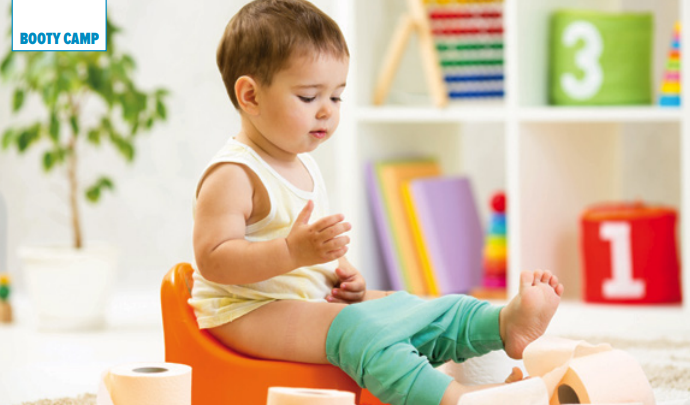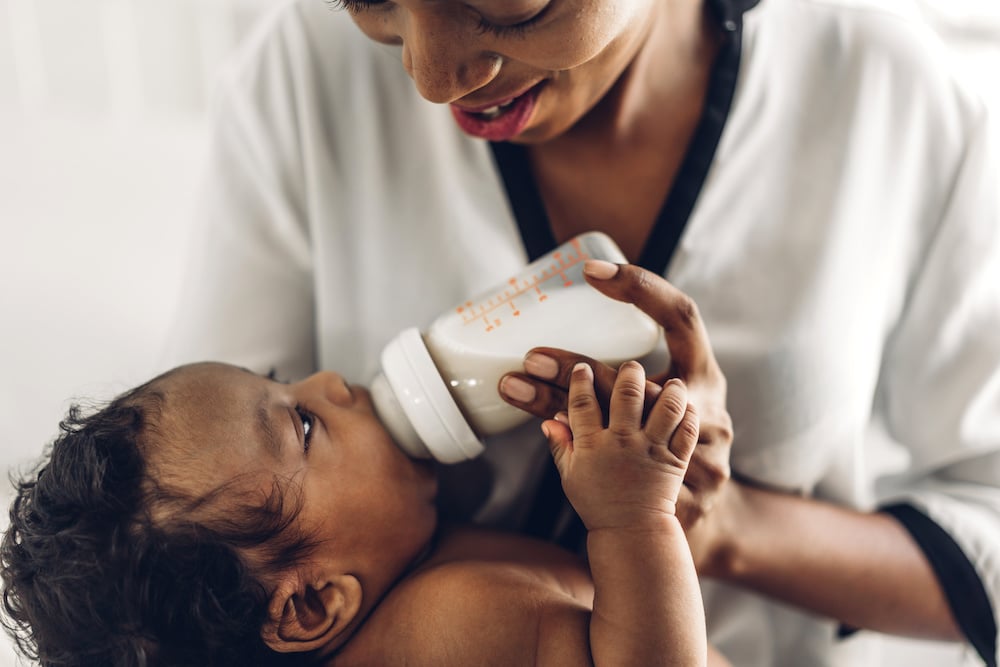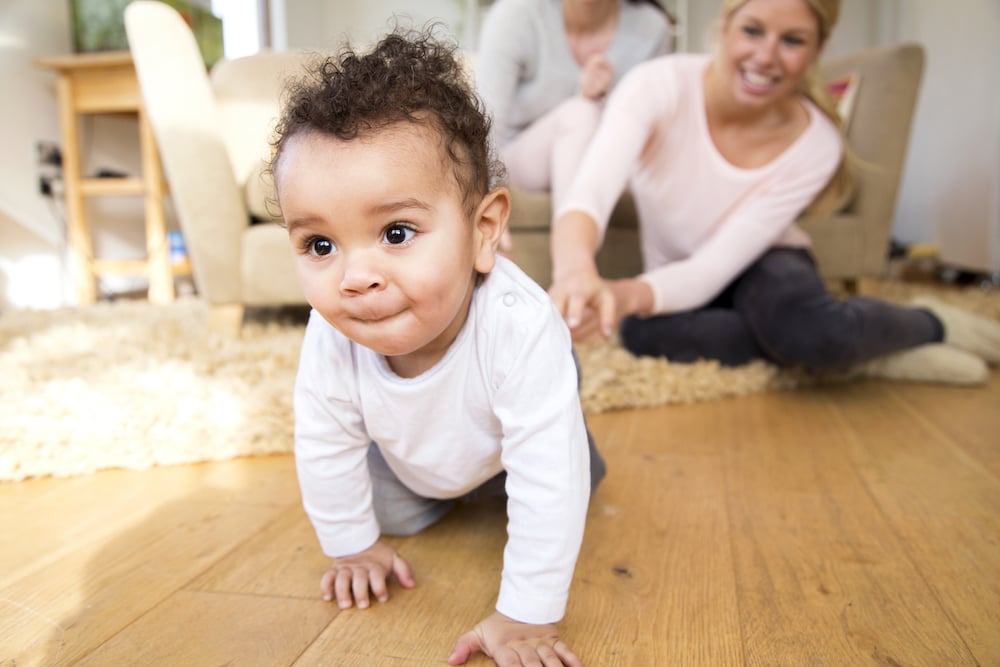Your child’s first visit to the dentist
With their teeth barely peeking through their gums and uncertainty surrounding how they may react to a strange new environment, it’s easy to understand why you might put off your baby’s first visit to the dentist.
What is the right age for a baby’s first visit to the dentist? Two? Three? Actually, the answer is closer to: what month? Experts from both the American Academy of Pediatrics and the American Academy of Pediatric Dentistry (AAPD) agree that a baby should see a dentist by his or her first birthday—even as soon as the first tooth erupts.
Surprised? If you thought it wasn’t necessary to take a baby to the dentist, you’re not alone. A 2010 study conducted by the AAPD found that a staggering 97 percent of parents were unaware that a child should see a pediatric dentist so early in life.
“Parents know the value of early visits to the pediatrician, but it’s alarming to learn how few understand that infants need to see a pediatric dentist before their first birthday,” says Dr. William Berlocher, former president of the AAPD. “Oral health is absolutely critical for overall health.”
Baby’s first visit
While there is definitely more tissue than teeth on that first visit, it’s essential to begin the preventive care that will make future visits less frequent and less painful, while helping to avoid dental complications that can occur in the younger years. The first visit, much like a well baby care check-up, is as much about prevention as it is about attention, a necessary way to begin proper dental education.
“We can prevent two or three year olds coming in because they need treatment if we can see children at a younger age, making sure we get their parents educated,” says Dr. Daniel Raether, a dentist at Camp Smile, a pediatric dental office located in Plymouth.
The first visit informs parents about harmful habits to avoid. These include thumb sucking or excessive pacifier use, which can actually mold the shape of the mouth and cause dental problems later on. The possibility of tooth decay, commonly know as cavities or early childhood caries, is addressed as well. Tooth decay can begin as soon as the first tooth emerges, and can become especially worrisome when the child’s diet includes anything other than breast milk. Parents need to be educated about how diet can contribute to decay, especially when sugary drinks (such as juice) are supplied.
“We need to make sure kids get off to a good start with good habits to avoid these complications. Dental decay is the most common chronic childhood disease in the United States but sadly it’s also one of the most easily preventable,” says Dr. Jim Nickman, a pediatric dentist in the Twin Cities and spokesperson for the AAPD.
Not only can tooth decay result in the premature loss of baby teeth, but it can also mean serious pain and discomfort for the child.
“Children are very adaptable and unfortunately many children tolerate dental pain without realizing that it’s not a normal feeling,” says Nickman. “Usually when a child complains of tooth pain, it’s unfortunately a large cavity creating the pain.”
Temporary teeth
But if a baby’s first teeth are only temporary, why is it so important to address tooth decay and proper care? Though baby teeth have important day-to-day functions for a child including speech and nutrition, they are also necessary to save space for their future permanent replacements. Early problems with or loss of baby teeth can cause crowding later on, which could result in the need for braces or surgery.
“The baby teeth should be looked upon as functioning space maintainers for proper eruption of permanent teeth. If there is space lost due to a tooth lost or large cavities, permanent teeth aren’t going to to grow in a reasonable position,” says Raether.
The first visit is meant to make children comfortable with visiting the dentist, which is why it’s so important for parents to find a certified pediatric dentist. Offices focused on pediatric dental care like Camp Smile make sure to keep the atmosphere fun and welcoming for children, with bright colors on the walls, toys, basketball hoops, and even video games. Pediatric dentists know how to properly handle and talk to children of a young age or with special needs, and must go through a minimum of two additional years of training that focuses on child psychology and behavior.
Financial concerns are another common reason parents put off initial dental visits, but the preventive measures initiated by early visits can actually save money in the long run. Children who visit a dentist early are less likely to need expensive emergency visits or procedures to alleviate dental pain in the future. Costs for children who see a dentist by their first birthday are on average 40 percent lower than children who do not, according to the AAPD.
Caring for a child’s new teeth doesn’t just begin and end with a dental visit, though—parents have responsibilities at home, too. Infants’ mouths and gums should be cleaned regularly, using an infant toothbrush or a washcloth with water. When the first teeth appear, they should be brushed twice daily, making sure to use water or only a small amount of non-fluorinated toothpaste. Parents should also avoid letting their kids fall asleep with a bottle, as liquid left on the teeth can cause tooth decay.
Good dental habits need to start early, and though it might be hard to believe that your little one toothed wonder needs a well baby check-up, it’s essential to making sure smiles grow healthy and bright.



















